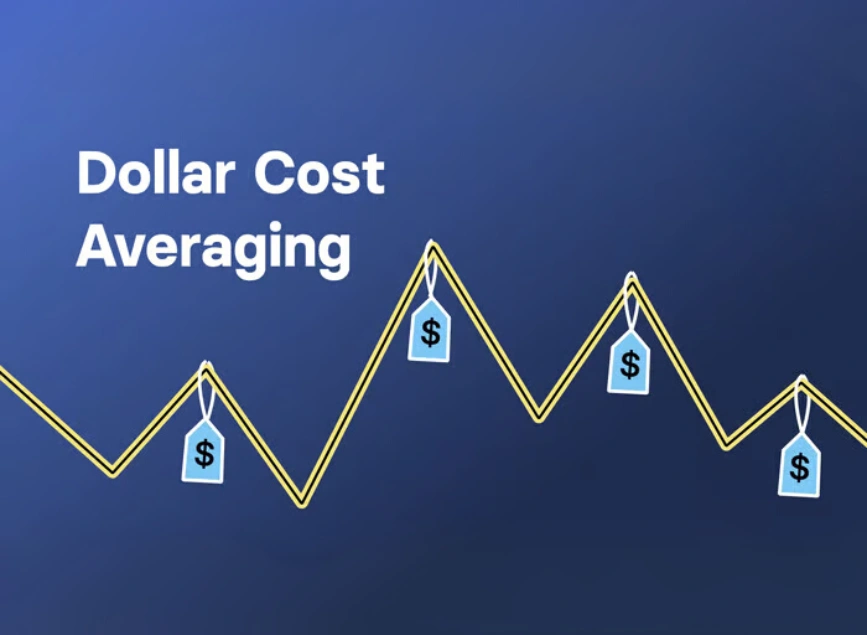
Smart Stock Investment Strategies During Crises
Estimated reading time: 4 minutes
Table of contents
In today’s volatile world, geopolitical tensions, such as wars, sanctions, and economic instability often trigger extreme volatility in financial markets. Understanding stock investment strategies is crucial for strategic investors who see these crises not just as threats but as golden opportunities to buy undervalued stocks and build a resilient portfolio. Let’s explore how you can navigate the storm and come out stronger.
Why Recognizing a Crisis Matters
Crises often lead to:
- Sudden market crashes
- Decline in investor confidence
- Spike in volatility (e.g., VIX index)
- Risk of economic recession
Yet, these moments can also offer exceptional buying opportunities if you understand market psychology and investor behavior.
The Golden Rules of Crisis Investing
Success in turbulent times isn’t about massive gains, it’s about minimizing losses and staying afloat. Here are three core strategies for smart investing during market chaos:
1. 💰 Preserve Liquidity & Manage Risk
In a crisis, survival outweighs returns.
Tactical Moves:
- Stay Liquid: Keep a good chunk of your portfolio in cash or cash-equivalent assets (e.g., money market funds).
- Set Stop-Losses: Predefine loss thresholds and exit trades decisively when they’re hit.
- Use Step-by-Step Buying (Laddering): Instead of investing all at once, buy gradually over time to avoid entering at price peaks.
2. 🛡️ Focus on Defensive Sectors & Safe Havens
Some sectors weather storms better than others.
| Defensive Stocks | Examples | Why They’re Safe |
|---|---|---|
| Essential Consumer Goods | Food, medicine, hygiene products | Constant demand |
| Utilities | Water, electricity, gas | Stable income streams |
| Healthcare & Insurance | Hospitals, insurers | Resilient in uncertainty |
These assets typically offer stable income and lower volatility, ideal in turbulent times.
3. 📉 Use Dollar-Cost Averaging (DCA)
A calm, consistent way to invest in a choppy market.
How it works:
- 💵 Divide your capital into equal parts.
- ⏱️ Invest at regular intervals (weekly or monthly).
- 🎯 Benefit from different price points and avoid “timing the bottom”.
Bonus: DCA reduces the stress of trying to predict market turns.
Key Market Indicators to Monitor
| Index | What It Tells You |
|---|---|
| Dow Jones | Performance of major U.S. industrials — sharp drops = warning signal |
| 🇪🇺 STOXX Europe 600 / DAX / FTSE 100 | Insight into how Europe responds to geopolitical crises |
| Nasdaq Composite | Heavy in tech — a crash here = investors exiting high-risk assets |
What Assets to Avoid During Crises
Some assets become liabilities in high-stress markets and Stock Investment Strategies. Here’s what to steer clear of:
1. 📉 Highly Indebted Companies
- Susceptible to default during recessions
- Struggle with rising interest rates
- Limited flexibility in downturns
✅ Prefer companies with strong balance sheets and minimal debt.
2. 🚫 Unprofitable Startups
- Dependent on external funding
- High risk, low stability
- First to be sold during panic exits
⛔ Great during booms, fragile during busts.
3. 🧊 Illiquid Assets
- Hard to sell during panic
- Often sold at steep discounts
- Trap investors in losing positions
✅ Stick with high-volume stocks or liquid ETFs.
Read More: The Smart Investor’s Guide: How to Invest $10,000 Wisely
4. 🌐 Highly Volatile or Unbacked Cryptos
- Vulnerable to panic sell-offs
- Lack of real value or utility
- Projects without strong tech/foundations often collapse
✅ Favor assets like Bitcoin or Ethereum over unknown, hyped tokens.
Smarter Alternatives to Individual Stocks
ETFs offer built-in diversification and liquidity:
| ETF | Tracks |
|---|---|
| SPY | S&P 500 |
| QQQ | Nasdaq 100 |
| XLP | Consumer Staples |
| XLE | Energy Sector |
Why ETFs? Easy to trade, diverse, and more resilient in downturns.
Keep Your Portfolio Updated
Markets change, your portfolio should too. Regularly ask:
- Are my assets still aligned with today’s risks?
- Do I need to offload some high-risk positions?
- Am I taking advantage of discounts on stocks like Tesla or other strong performers?
Master Market Psychology
During crises:
- Many investors sell from fear
- Smart money starts buying
👉 Stay calm, stick to your strategy, and don’t let emotions dictate decisions.
Is Buying During a Crisis Always Worth It?
Yes, if you play it smart. 📊
Legendary investors like Warren Buffett made their best investments during market meltdowns by:
- Valuing intrinsic worth, not hype
- Having a long-term horizon
- Making decisions based on data, not emotion
Final Thoughts
Crises bring fear and uncertainty but also rare opportunities. With the right strategy, risk management, and a clear head, you can build a crisis-resistant portfolio and come out ahead.
Share
Hot topics

Best broker for gold trading
There’s always been a certain magic about gold. Before online charts and trading applications, people stored their wealth in coins and bars, trusting that gold would retain its value during...
Read more




Submit comment
Your email address will not be published. Required fields are marked *